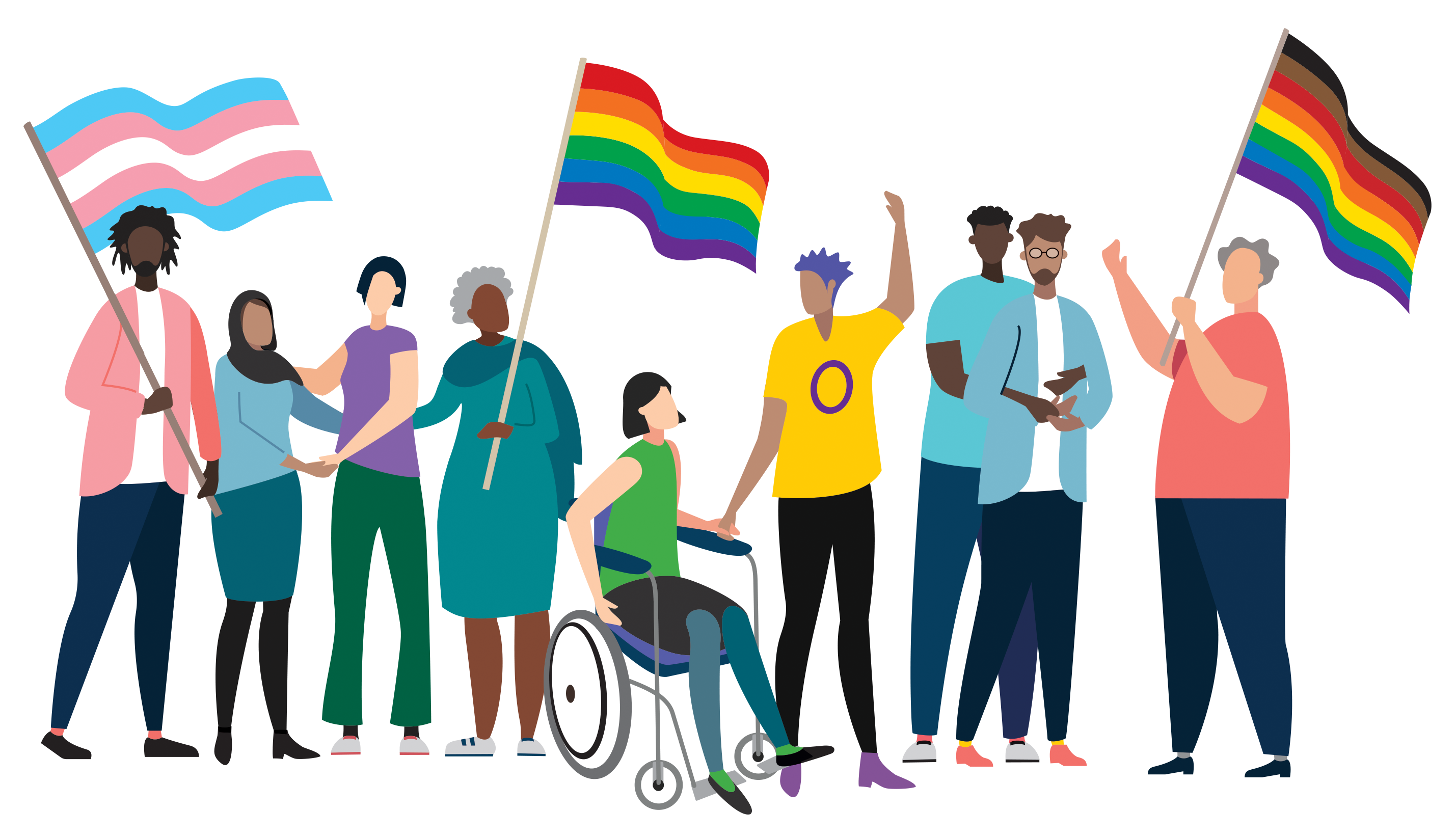
The Fight for LGBTQ+ Rights and the Importance of Allyship
By Adedayo Oyetoke, Published on: May 31st 2023 3 min, 544 word Views: 1283
The fight for LGBTQ+ rights has been a long and ongoing struggle, marked by significant progress and setbacks. From the Stonewall riots to the legalization of same-sex marriage, the LGBTQ+ community has made significant strides towards equality and acceptance. However, discrimination and violence against LGBTQ+ individuals still persist, making allyship and advocacy more important than ever. This blog post will explore the fight for LGBTQ+ rights, the importance of allyship, and how individuals and communities can work together to create a more just and equitable society.
The Fight for LGBTQ+ Rights
1. Stonewall Riots
The Stonewall riots of 1969 marked a turning point in the fight for LGBTQ+ rights, sparking a national conversation about discrimination and violence against LGBTQ+ individuals. The riots were a response to police raids on the Stonewall Inn, a popular gay bar in New York City, and led to the formation of the modern LGBTQ+ rights movement.
2. Legalization of Same-Sex Marriage
The legalization of same-sex marriage in the United States in 2015 was a significant victory for the LGBTQ+ community, providing legal recognition and protection for same-sex couples. However, discrimination and violence against LGBTQ+ individuals still persist, making allyship and advocacy more important than ever.
3. Ongoing Struggle
The fight for LGBTQ+ rights is an ongoing struggle, marked by significant progress and setbacks. Discrimination and violence against LGBTQ+ individuals still persist, making allyship and advocacy more important than ever.
The Importance of allies
1. Amplification of Voices
Allyship is essential for amplifying the voices of marginalized communities and providing a platform for their stories and experiences to be heard. By centring the voices of LGBTQ+ individuals, allies can help raise awareness about discrimination and violence against LGBTQ+ individuals and advocate for change.
2. Building Community
Allyship is also important for building community, bringing together individuals and communities around shared experiences and values. By building relationships and working together towards a common goal, allies can create a sense of belonging and empowerment for LGBTQ+ individuals.
3. Driving Social Change
Allyship is also important for driving social change, advocating for policies and practices that promote LGBTQ+ rights and equality. By raising awareness about discrimination and violence against LGBTQ+ individuals, challenging dominant narratives, and promoting positive change, allies can create a more just and equitable society.
Using Allyship for LGBTQ+ Rights
1. Centering LGBTQ+ Voices
Allyship must center the voices of LGBTQ+ individuals, providing a platform for their stories and experiences to be heard. This means actively seeking out and amplifying the voices of LGBTQ+ individuals who are most affected by discrimination and violence.
2. Collaboration and Community Building
Allyship can also be used to build community and foster collaboration. This means working with LGBTQ+ individuals and communities to co-create solutions that reflect their experiences and values, and building relationships that promote positive change.
3. Advocacy and Action
Allyship can also be used to advocate for LGBTQ+ rights and inspire action. This means raising awareness about discrimination and violence against LGBTQ+ individuals, challenging dominant narratives, and promoting positive change through advocacy and action.
Conclusion
The fight for LGBTQ+ rights is an ongoing struggle, marked by significant progress and setbacks. Discrimination and violence against LGBTQ+ individuals still persist, making allyship and advocacy more important than ever. By centring LGBTQ+ voices, building community, and driving social change through allyship, individuals and communities can work together to create a more just and equitable society for all.
